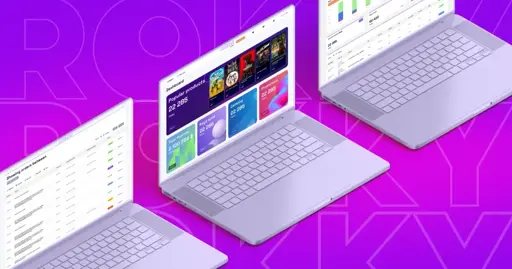Despite facing increased competition in the space, not least from the Epic Games Store, Valve’s platform is synonymous with PC gaming. The service is estimated to have made $10.8 billion in revenue during 2024, a new record for the Half-Life giant. Since it entered the PC distribution space back in 2018, the rival Epic Games Store has been making headway – and $1.09 billion last year – but Steam is still undeniably dominant within the space.
Valve earns a large part of its money from taking a 20-30% cut of sales revenue from developers and publishers. Despite other storefronts opening with lower overheads, Steam has stuck with taking this slice of sales revenue, and in doing so, it has been argued that Valve is unfairly taking a decent chunk of the profits of developers and publishers.
This might change, depending on how an ongoing class-action lawsuit initiated by Wolfire Games goes, but for the time being, Valve is making money hand over fist selling games on Steam. The platform boasts over 132 million users, so it’s perfectly reasonable that developers and publishers feel they have to use Steam – and give away a slice of their revenue – in order to reach the largest audience possible.



No valve means no steam controller, no proton compatibility layer (don’t tell me to use wine I was there already) no steam deck, no freedom to game on any PC OS I want.
You know nothing, Jon Snow.
You know that Proton is just streamlined and better funded Wine, a project with decades of history by now? If you’re looking for someone to thank for funding it, it’s CodeWeavers.
How’s your freedom to resell your games? Console gamers still have boxes and second hand market. Valve killed that on PC. Gamers ate Microsoft for attempting that, Valve somehow got away with it. At the time people said „but the prices are better” but how good are discounts these days?
Next thing you’ll tell me Android is good for Linux. How’s that working out for everyone?